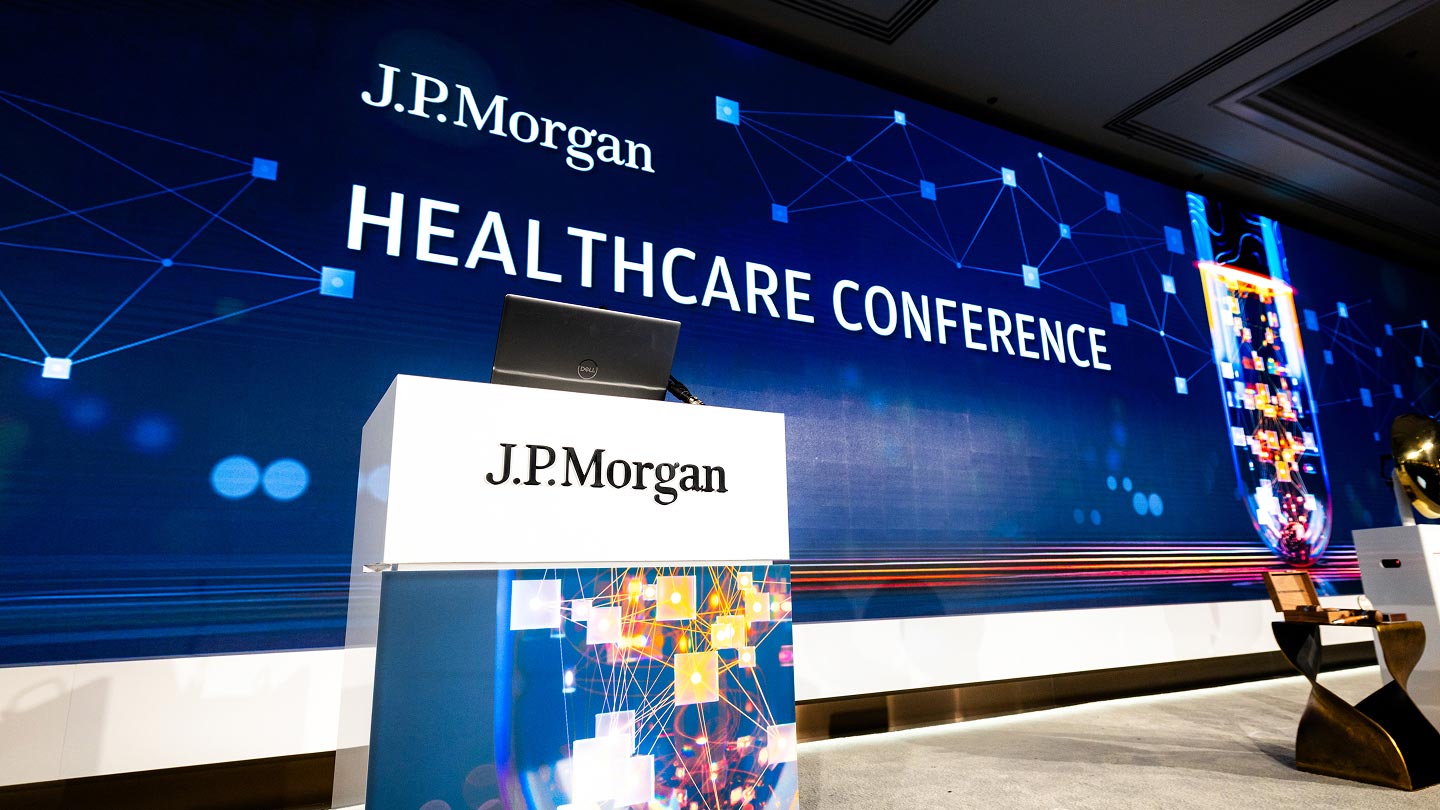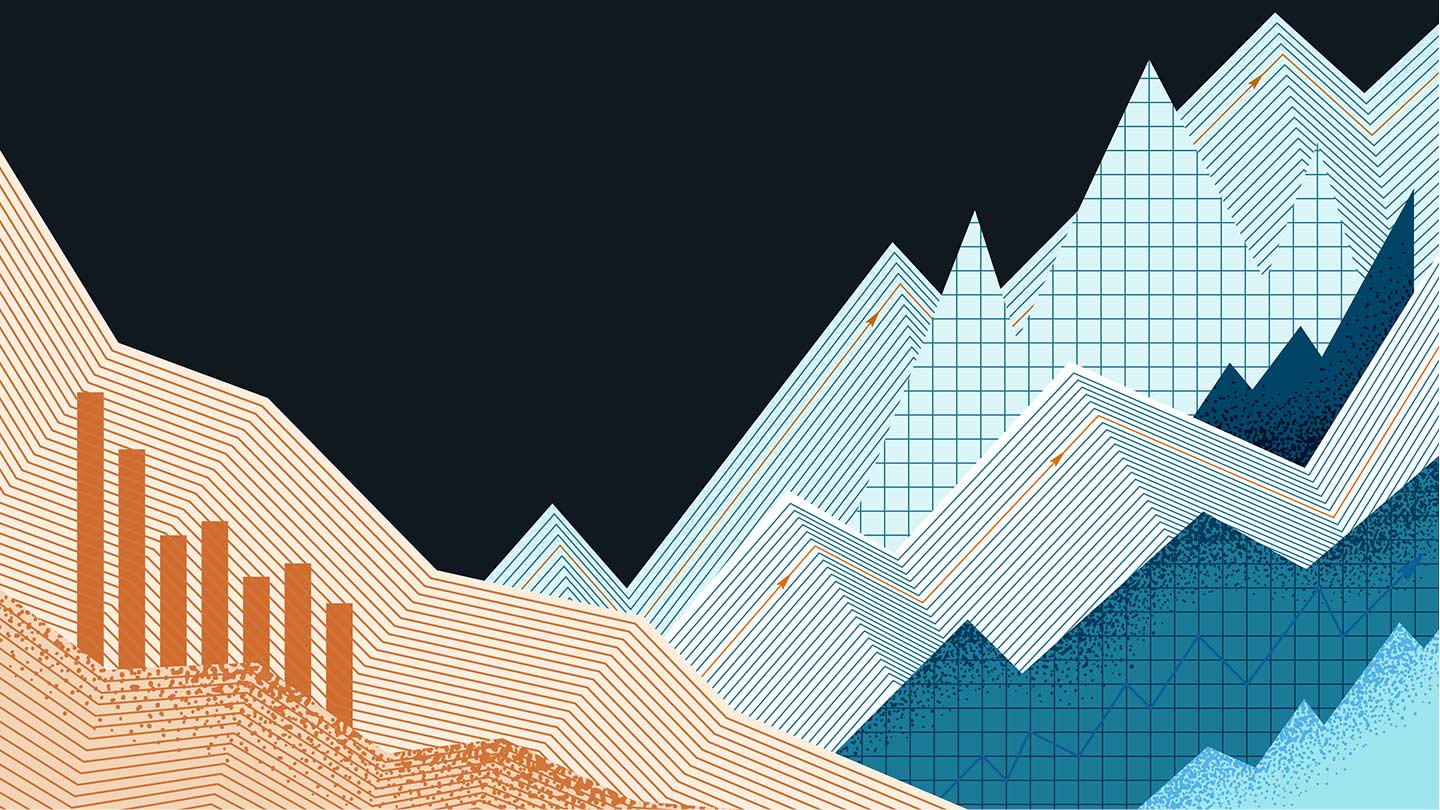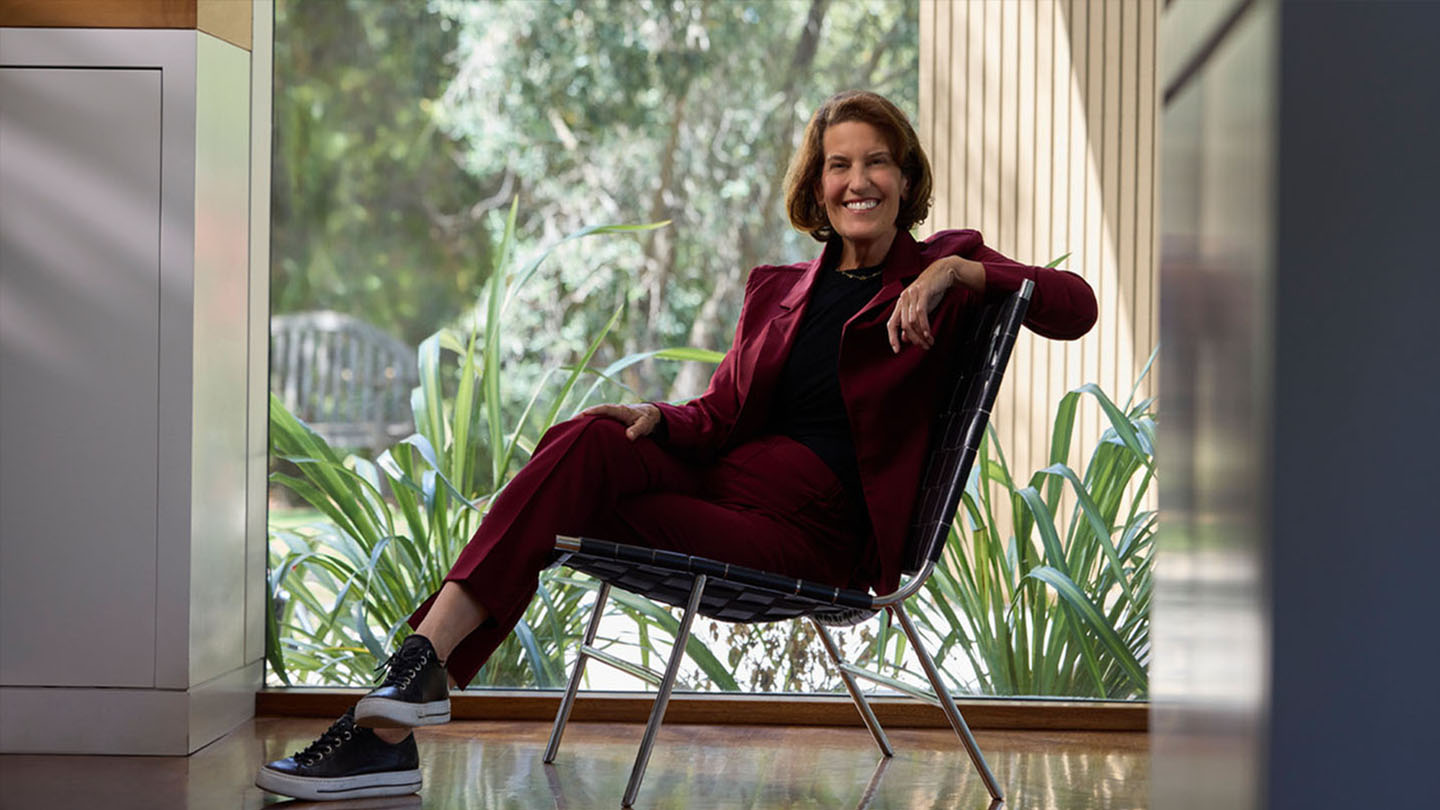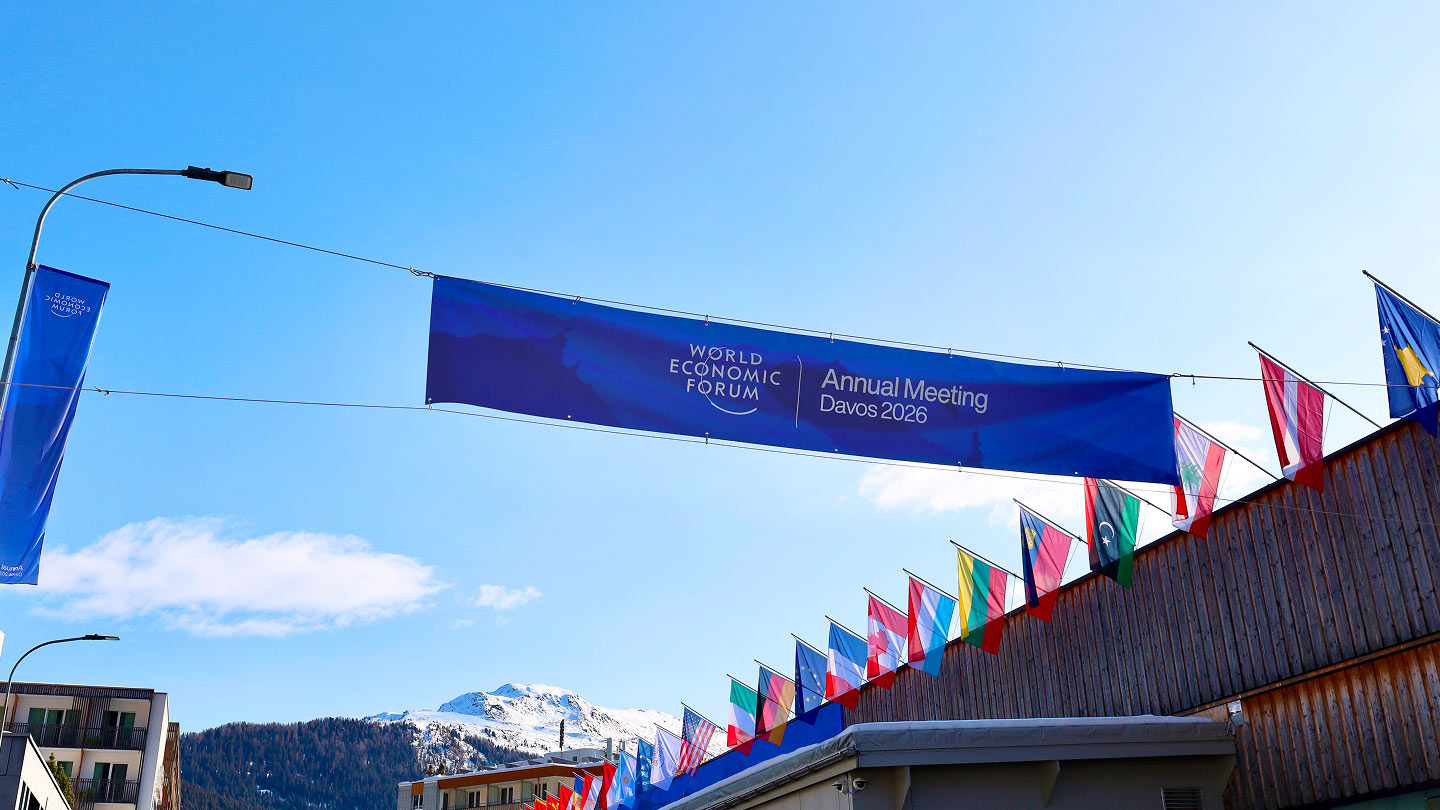In 1976, inside a red barn in Waterloo, Wisconsin, Trek founders Richard Burke and Bevil Hogg established a company that would solely focus on manufacturing high-end bicycles in America. They built about 900 bicycles that year.
Trek, now led by Richard’s son John Burke, has since grown to become a global business producing millions of bicycles every year. Its custom road bikes are still made by hand in the U.S. The company’s goal, “build only products we love,” is a legacy that Burke wears with pride.
“I’ve inherited this jewel,” Burke says. “I need to pass it on in better shape than I inherited it.”
Making a difference
Like the elder Burke, John places an emphasis on giving back to the community. “As a business, there’s making a profit and there’s also making a difference,” he says.
One of the many ways Trek gives back is through the DreamBikes organization. The idea formed at a food pantry where Burke and his daughter were volunteering, when the pantry’s manager mentioned that the real help they needed was to get more job opportunities for their patrons. DreamBikes hires and trains teens in disadvantaged neighborhoods to repair and sell donated used bikes. With the first shop built in Madison, Wisconsin, DreamBikes has expanded to multiple cities, including Chicago and New Orleans.
In addition to community-building, a core component of Trek’s philosophy is building a great workplace environment for its employees, known within the company as the “awesome bus.” The term was coined in a meeting when the head of human resources showed a photo of “a super cool bus,” Burke says, “and said he wanted to create an awesome bus here.”
Some of the ways Trek strives to create an awesome bus are by offering mountain bike trails that employees can ride, along with a comprehensive health program that encourages employee wellness. Trek employees also collectively own almost 30% of the company. “It is a family business,” Burke says. “If you take a look at the majority of people who work at Trek, they’ve been here for a very long time. It’s their life’s work.”
Going global
From the bike manufacturer’s earliest days, their relationship with JPMorgan Chase has supported the business at each stage of their growth. “It was JPMorgan Chase that helped get us to the next level,” CFO Chad Brown says.
When Trek decided to break into the international market in the late 1980s, JPMorgan Chase’s global reach and expertise helped facilitate their expansion. The firm’s world-class banking solutions—delivered on a local level—help Trek do business even in countries where it can be difficult to operate.
Trek’s expansion into new markets has been crucial to its success. Today, more than 60% of the company’s revenue comes from outside the U.S.
3 lessons for success
When Burke took over as president of the company in 1997, Trek faced some troubled times. It took three years to turn that around, but it was during those years that Burke says he learned three key lessons to maintain a successful business:
- Keep quality high. “If you create amazing products, people are going to buy amazing products,” Burke says. Trek started doubling down on creating best-in-class products in every category of its business
- Have a clear, simple direction for each business unit. “When we focus, we win,” Burke says.
- Practice continuous improvement. Burke was inspired by the Japanese philosophy of Kaizen, which involves actively engaging employees in every job function to suggest and implement improvements to the company. He also decided to involve Trek customers in the practice. In 2017, Trek held 760 continual improvement events with customers around the world.
For Burke, strong leadership is grounded in inspiration. “My job is to make sure, as a company, that we have a dream and we are moving it all the way through the organization,” he says. “We need to push the envelope, dream big, think outside the box and make a difference.”
JPMorgan Chase Bank, N.A. Member FDIC. Visit jpmorgan.com/cb-disclaimer for disclosures and disclaimers related to this content.
Learn more
Hide
Learn more
Hide







